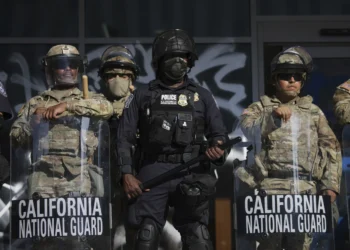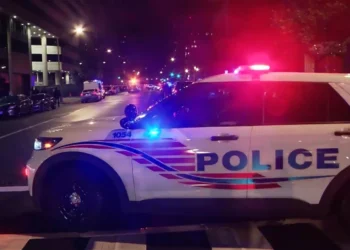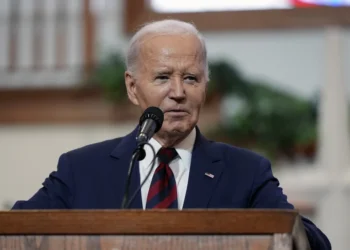On Memorial Day, we remember and pay tribute to the fallen. Yet, the concept of honor appears to be largely anachronistic in modern society. Nowhere in recent memory has the disregard for honor been more noticeable than among the senior military leadership involved in the withdrawal of American forces from Afghanistan in 2021.
Despite claims that this event was an “extraordinary success,” many saw it for what it really was: a dismal failure. We now know that senior officers were aware during the planning of the operation of its manifestly ill-advised nature, and afterward none acknowledged responsibility for this self-inflicted fiasco.
While this is old news, during the first meeting of the new Trump administration Cabinet on Feb. 26, Defense Secretary Pete Hegseth announced a full review of the Afghanistan withdrawal and the conduct of those involved. Whatever the results of this review may be, they ought to be understood within the context of military operations, as opposed to the context of social, cultural, or political considerations.
A short summary of the results of the withdrawal includes 13 dead American service members and several more wounded in the Abbey Gate bombing. Additionally, the strategic Bagram air base and massive amounts of equipment and supplies were abandoned and eventually seized by the Taliban.
The review of the Afghanistan failure must focus on accountability. That said, military leadership is an issue every bit as important. Every member of the all-volunteer military makes a choice to serve. That choice is accompanied by a willingness to make sacrifices. The question is, can an officer be promoted to a sufficiently high military rank for which such sacrifices are no longer required? The answer is unequivocally no. Military personnel have every right to expect leadership by example, even from their most senior officers.
Moreover, should military personnel be expected to risk their lives if their senior officers are not willing to risk personal prestige, positions, or careers? The answer, again, is no. Post-debacle, senior officers testified before Congress that they informed the administration of their misgivings before the withdrawal. Talk is cheap; in this case, it was clearly ineffective. None of the senior officers involved resigned in protest before the event, and afterward no one held themselves, or anyone else, accountable.
There are some who may argue that these highly placed officers should not have resigned since any replacement would be less qualified. Such arguments are mere canards. Military operational plans include the possibility of taking losses; no one is indispensable. If senior officers are unwilling to make sacrifices similar to those required of their subordinates, they are unfit to be leaders.
Under the Uniform Code of Military Justice, active duty military personnel are required to obey lawful orders from competent authority, and they are not allowed to criticize military decisions publicly. However, officers who are not under obligation to remain on active duty may resign their commissions as a means to dispute indefensible orders or to acknowledge responsibility for unmitigated disasters. When no longer on active duty, they regain the right of free speech and can make public comments regarding the issues that caused them to resign.
HEGSETH AND FAMILY CLEAN KOREAN WAR MEMORIAL IN HONOR OF MEMORIAL DAY: ‘NEVER FORGET’
While the decision to resign may not result in meaningful change, and will certainly end the career of the one resigning, it is a way to safeguard one’s honor. No such decision should be taken lightly and, once made, there are no second chances. Nevertheless, to dishonor oneself or one’s organization should be every bit as abhorrent to the military professional as failing to accomplish the mission. The choice to resign and speak out is not an easy one. Ultimately, it is the lesser of two evils; the greater evil is to refuse to challenge orders that result in disaster.
In the end, without detailed information to the contrary, the public is left to surmise that not one of the senior officers directly involved in the Afghanistan disgrace was willing to honor the sacrifices demanded of the rank-and-file military. In this humiliating debacle, highlighted by the needless loss of American lives, it appears that among these senior military officers, a sense of honor was conspicuously absent.
Retired Col. Eric Litaker served on active duty in the U.S. Marine Corps from 1979 to 2009. He was a platoon commander, company commander, battalion commander, and the commanding officer of the Marine Corps Intelligence Activity.

















